I’ve been asked a lot of times if Ichinawa is right for the one rope technique I teach or if it should be Ipponnawa. So rather then keep explaining it I’m going to write out my answer here and point people at it in future.
The term comes straight from the Japanese language. Confusion has arisen because some people have been getting confused between naming and counting. Some have told me that Ichinawa is wrong and it should be Ipponnawa.
It would be Ipponnawa if you were counting ropes. Or slightly more accurately Ippon me no nawa.
Japanese counting is a nightmare so I checked this with a Japanese born professional translator who also agrees that it’s a nightmare and a minefield.
Ippon = one as in one two three… for long cylindrical things, The ‘hon‘ category! Yes I know it’s written ‘pon‘ but it’s still in the hon category.
Ichi = one in a general sense can also mean best.
(Ichiban is worth a mention as it’s what you also might use for best or first as in first, second third.)
There are also Japanese counting variants for flat thin objects, small compact objects, liquid in cups, bound objects (i.e. you count things like books differently to everything else), machines, the floors of buildings, pairs of things (i.e. socks), time, large animals, small animals, birds, people (formal), people (informal) and age.
To be honest I’ve probably missed a few in that list. Nightmare right? Which is why I asked a professional translator who’s a Japanese national and also into rope to make sure.
Ichinawa definitely (in the opinion of a professional native Japanese translator) a correct usage for the naming of this technique.
Now because we’re talking about Japanese where set in stone ways of saying things are not always as thick on the ground as many western minds may wish… I must stress that this is ‘a correct usage‘ but not necessarily the only correct usage. Someone else may for instance have another name for the same thing that is equally correct.
Also people have mentioned that Kinoko Hajime’s rope club is called Ichinawa Kai.
The thing with Kinoko and Ichinawa kai is a joke because….
the kanji for Hajime and Ichi can be the same.
It’s a pun in Japanese, Ichi (see earlier note) meaning best and also being written with the same kanji as Kinoko’s name. So…”one rope club” == “best rope club” == “Hajime’s rope club” (In Japanese they can be written identically.) And It’s 100% certain that Kinoko did that on purpose.
It’s also worth remembering that though plenty advise practising with one rope they would use Ippon for that because they’re specifying the number of ropes to be used, as opposed to the Ichinawa technique which is a technique that does not exist just for practice but as a technique in its own right that specifically only ever uses one rope. And as it only ever uses one rope the name is only for description to distinguish this technique because counting the ropes used is errr…. somewhat redundant given that there will only ever be one.
The technique has only to the best of my knowledge been begun to be taught as a distinct thing in and of itself in the last few years. So it’s also completely unsurprising that many people don’t instantly associate the name with the technique. The usage is quite definitely correct even if not yet widespread.
In the west I’m not sure how many people really teach it as a distinct technique and even then people will have somewhat different takes on this technique.
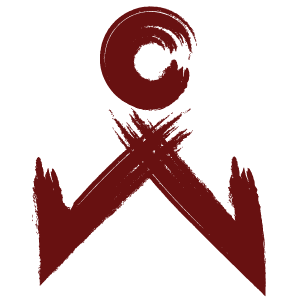
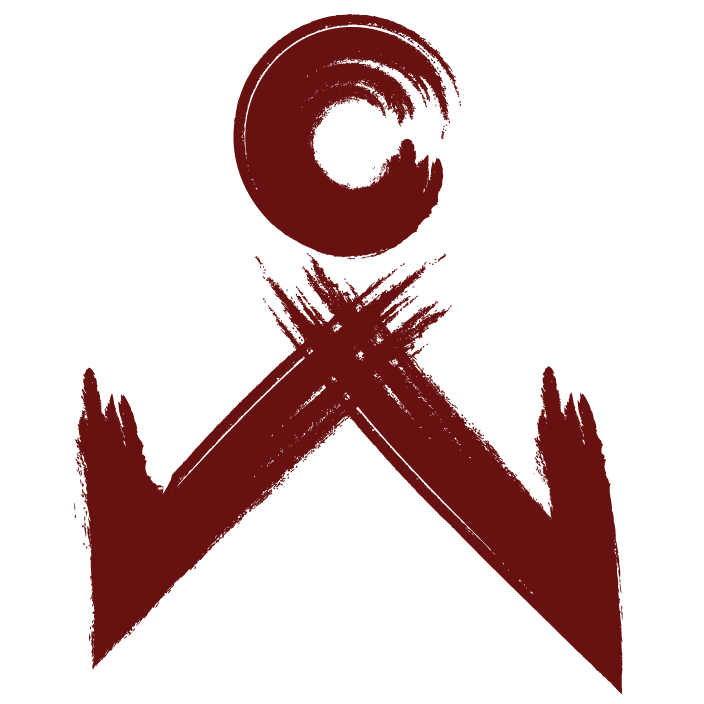
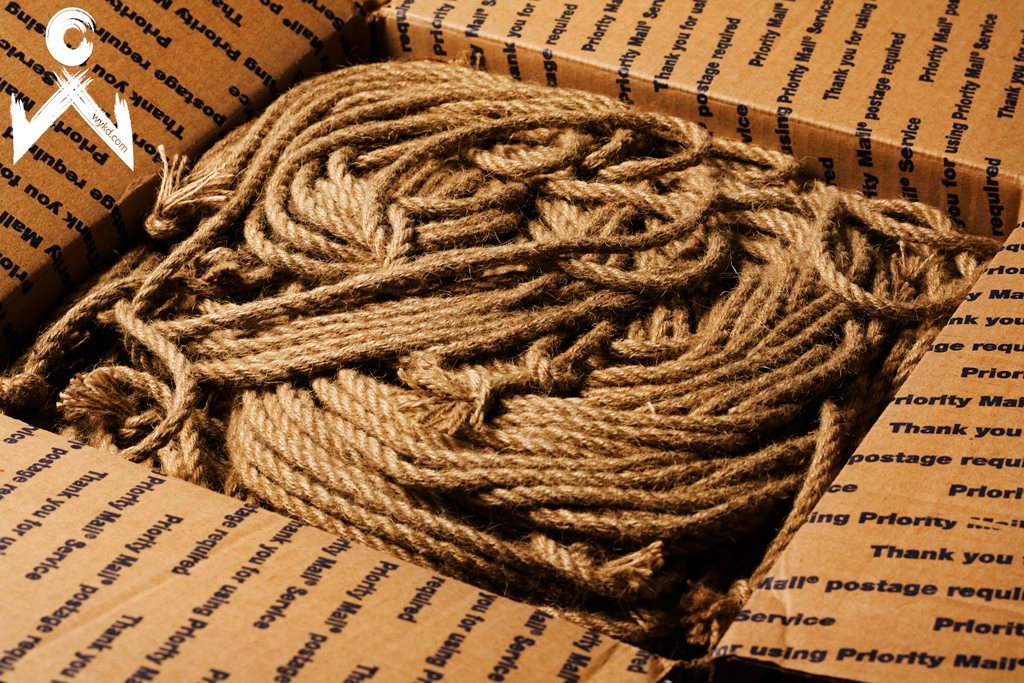
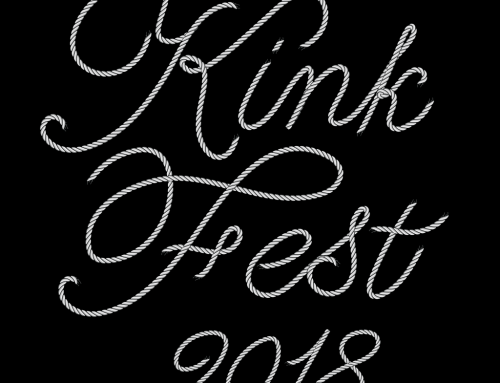

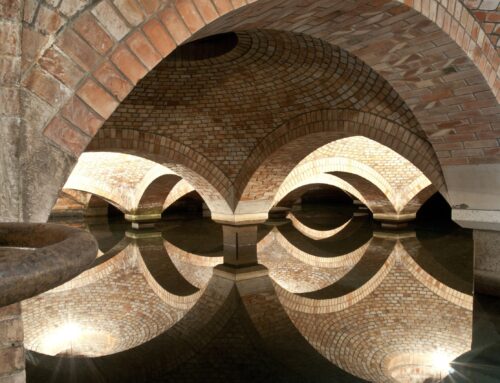
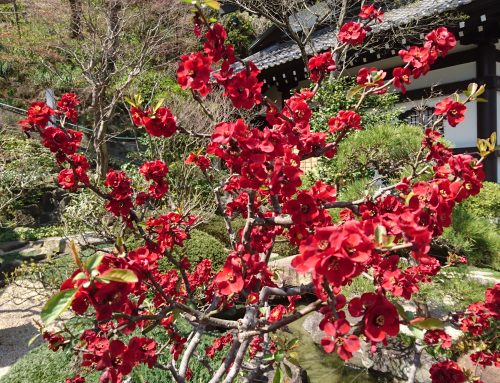
“the kanji for Kinoko and Ichi can be the same.”
What you probably wanted to say is that “the kanji for Hajime and Ichi can be the same.”
Indeed I did. Thank you for the correction.
[…] Un articolo controverso di WykD_Dave: wykd.com/2012/10/ichinawa-ippon-me-no-nawa-and-one-rope/ […]
[…] Con il permesso Di Wykd Dave, pubblico di seguito la traduzione del suo articolo sulla differenza tra ichinawa e ipponnawa. A questo link il testo originale. […]